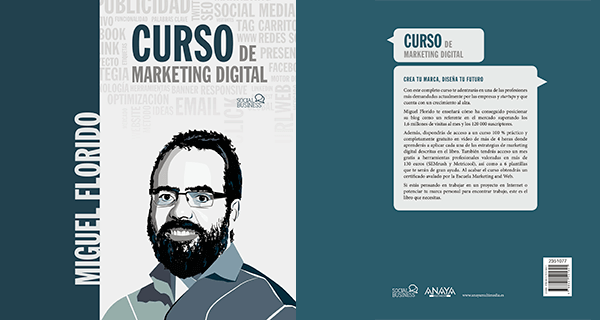The unique selling point or Unique Selling Initiative, is a definition of marketing that dates back to the American business promotion specialist Rosser Reeves. The USP refers to the unique characteristics of an offering that differs from other offers on the market.
Development
The term unique selling proposition or USP is at this time a marketing staple. USP was mentioned by Rosser Reeves in 1940. It assumes that it is becoming increasingly difficult to sell a product due to increasing competition and market penetration. He took toothpaste as an example.
In his 1961 book "Reality in Advertising," he created the theoretical justification for USP. The author assumes that a retailer gives its customer a "Promise of sale" of products or services. Making use of commercial promotion, that is, of the unique sales initiative, ensures maximum penetration with this sales promise.
In this way, the unique selling proposition must be formulated in a way that communicates what distinguishes the product or service from all other products or services that compete in the market. The USP is supposed to represent the purchase decision and, in this way, unleashes the purchase impulse in potential customers.
What makes Reeves' work for the trade promotion agency Ted Bates & Co. special was that Reeves not only defined USP theoretically, but also demonstrated its effectiveness through product testing and market research.
Reeves repeatedly emphasizes in his standard work that the unique selling proposition must always be followed for the advertiser to be successful in the long term. The second objective, at the same time of a successful sale, must always be customer satisfaction. Reeves has also been able to demonstrate this fact in numerous field tests.
At this time, the USP is one of the integral components of a marketing or branding strategy and can also be part of a SWOT analysis.
What is a unique selling proposition?
The unique selling proposition can be defined at the product and service level. USP is the key aspect of an advertising campaign. Possible unique selling propositions would be the following:
- The particular shape of a product: Some furniture companies advertise exclusively on the basis of design (for example, who is perfect).
- The special characteristics of a product: a common example is most of the manufacturers of smartphones.
- Technical innovations: for example ABS in cars.
- Special materials: clothing made with alpaca wool
- The «Made in Spain» seal
- Cheapest price
Limitations of a USP
The unique selling proposition is particularly important when it comes to the market launch of a product, in order to emphasize its uniqueness. However, in a short time many other products can be marketed with the same USP but at a cheaper price. In such a case, it may be necessary to redefine the unique selling proposition. Sometimes other USPs can complement your unique selling proposition. This would be, for example, if you combine "Made in Spain" and "cheapest price" for a product.






